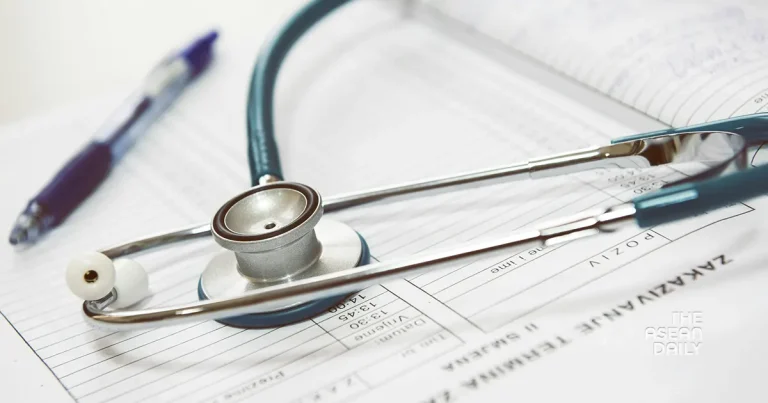27-9-2024 (JAKARTA) President-elect Prabowo Subianto has announced plans for a nationwide free medical check-up programme. The ambitious scheme, scheduled to launch in 2025, aims to provide comprehensive health screenings for 55 million Indonesians in its initial phase.
Burhanuddin Abdullah, Economic Advisor to Mr Prabowo and Chairman of the Prabowo-Gibran National Campaign Team’s Board of Experts, revealed the details of the initiative to CNN Indonesia on Wednesday. The programme will focus on vital health indicators, including blood pressure, blood sugar, uric acid levels, and early detection of severe illnesses.
This sweeping health drive comes as Indonesia grapples with significant public health challenges, most notably its position as the country with the second-highest number of tuberculosis (TB) cases worldwide. The disease claims an estimated 100,000 lives annually in the archipelagic nation.
The free medical check-up scheme will initially prioritise individuals over 50 and those at high risk of contracting TB or other serious ailments. Looking ahead, the administration plans to expand coverage to an estimated 200 million citizens over a five-year period.
Hasan Nasbi, head of the Presidential Communications Office, disclosed in an interview with Kompas TV that Mr Prabowo’s government has allocated a substantial 5 trillion rupiah (US$330 million) from the 2025 draft State Budget to fund this initiative and enhance healthcare infrastructure. The lion’s share of this budget – 3.3 trillion rupiah – is earmarked for the check-up programme, while the remaining 1.7 trillion rupiah will be invested in expanding healthcare facilities, including the construction of new hospitals.
Mr Nasbi emphasised that these initiatives extend beyond mere treatment, forming part of a broader strategy to promote preventive care and healthier lifestyles among Indonesians. By encouraging early detection and routine health monitoring, the programme aims to alleviate the financial burden on the Social Security Agency for Health (BPJS Kesehatan), which currently shoulders a significant portion of the population’s healthcare costs.
“Laying the foundation for a healthier, more productive generation starts with good health,” Mr Nasbi stated. “This free medical check-up programme represents a crucial step towards safeguarding the wellbeing of Indonesia’s human capital.”
However, the ambitious scheme has raised questions about its integration with existing healthcare services. Ali Ghufron Mukti, director-general of BPJS Kesehatan, pointed out that health screening programmes are already available annually to all participants under the National Health Insurance scheme (JKN). Discussions between BPJS Kesehatan and Mr Prabowo’s incoming administration are ongoing, with no final decision yet on whether the agency will be involved in administering the new programme or managing its payment schemes.
Despite these uncertainties, health experts have expressed cautious optimism about the initiative. Dicky Budiman, an epidemiologist from Griffith University in Australia, highlighted the potential long-term benefits of focusing on preventive care. He argued that such an approach could significantly reduce future healthcare costs, particularly in financing treatments for BPJS Kesehatan beneficiaries.
“Preventive measures not only benefit public health but also help prevent overwhelming strain on the national healthcare budget,” Mr Budiman told




